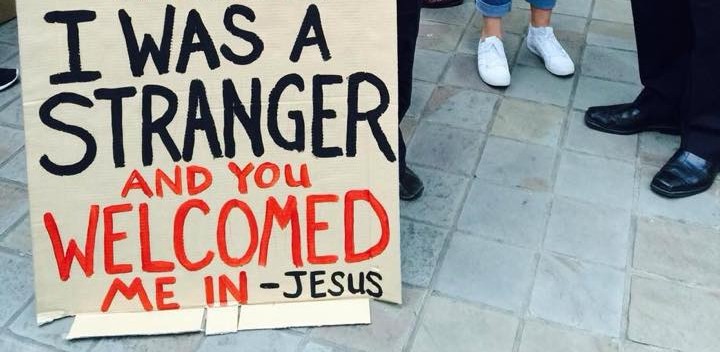
By Nick Coke
This article first appeared in the January-February 2016 edition of ‘The Officer’ magazine and is re-published with permission.
I sat in a coffee shop with a veteran Christian minister from my neighbourhood. At his instigation we were meeting to talk about community engagement. I’d barely taken a sip from the cup in front of me when he looked at me across the table and asked, ‘What makes you angry?’
I was a little taken aback. I hesitated for a moment to gather my thoughts before speaking. At first my words were faltering – offering something about being a Salvation Army officer and a minister of peace and love. As I listened to myself I sounded unconvincing – dispassionate even. Glancing across the table I could see he looked disappointed.
Pausing for a gulp of coffee I reappraised my response and opened up a little. ‘Well, I suppose I’m angry that some people living here are so privileged that they have far more than they will ever need whilst others are trying to get by with virtually nothing.’ The words began to flow. ‘I’m angry that some people feel they’re inferior because of their culture, religion, gender or the colour of their skin.’ The flow turned into a torrent. ‘I’m angry that the landlords round here charge extortionate rent and the politicians appear helpless to do anything about it. I’m angry that some people work day and night and still don’t get paid enough to live on. And I’m angry that when we Christians do get worked up it’s almost always about internal issues rather than the great injustices in our world.’
Slightly embarrassed at my outburst, I grinned weakly, reached for my coffee cup and asked, ‘What about you, what do you think?’ He nodded gently and with a smile on his lips replied, ‘That’s a lot of anger, my friend. I think we can do business!’
Since that day, I’ve thought much about anger. Oh I know that anger can be destructive, a conductor of reckless, damaging behaviour and impulsive, ungodly words. We must flee from this kind of selfish anger and root it out of hearts and minds. Such hot anger should never be allowed to get the better of us and it is not compatible with the Spirit of the living God (see Matthew 5:22). ‘Do not let the sun go down while you are still angry’ (Ephesians 4:26) wrote the apostle Paul. Wise advice. We’re foolish, however, if we consider this the only kind of anger.
There is a rich tradition of cool, righteous, sanctified anger flowing through Moses, the prophets and Jesus himself to the Church and down through the ages. Such anger inspires us to action, drives us forward in the struggle and agitates us to a holy discontent with the world as it is. I know this to be true from my own experience ministering in various contexts.
I love the quote attributed to Augustine of Hippo (354-430): ‘Hope has two beautiful daughters; their names are Anger and Courage. Anger at the way things are, and Courage to see that they do not remain as they are.’
Hope that has no intention of changing the way things are, that has no means to grip the passions of the believer’s heart, is no hope at all. That rather is a vague wish or aspiration – here today and gone tomorrow. But hope fuelled by anger and courage, filtered through the sanctification of the Holy Spirit, is a most potent weapon for the fight. Such anger becomes terrible in its beauty and a righteous tool for confronting the ‘powers and principalities’ (Ephesians 6:12 KJV) that stand against the coming Kingdom of God ‘on earth as it is in heaven’ (Matthew 6:10).
So my friends, I ask you, ‘What makes you angry?’
May the restless Spirit of God fall upon you, bless you with anger and discomfort at the way the world is, and agitate you to work for the world as it should be.

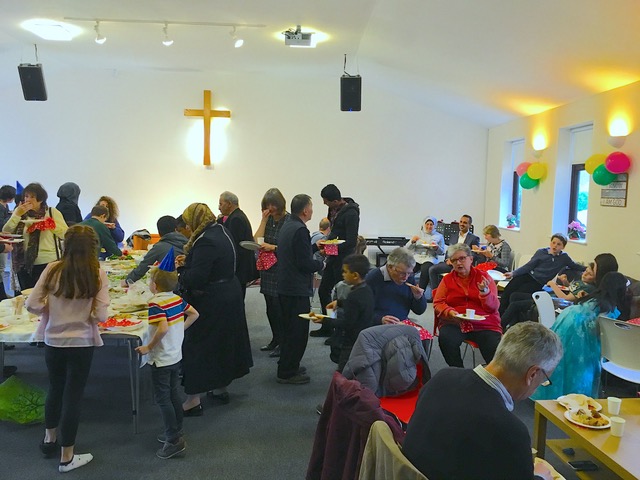 It was the photo of Alan Kurdi that was the tipping point. How can one photo make such a difference?
It was the photo of Alan Kurdi that was the tipping point. How can one photo make such a difference?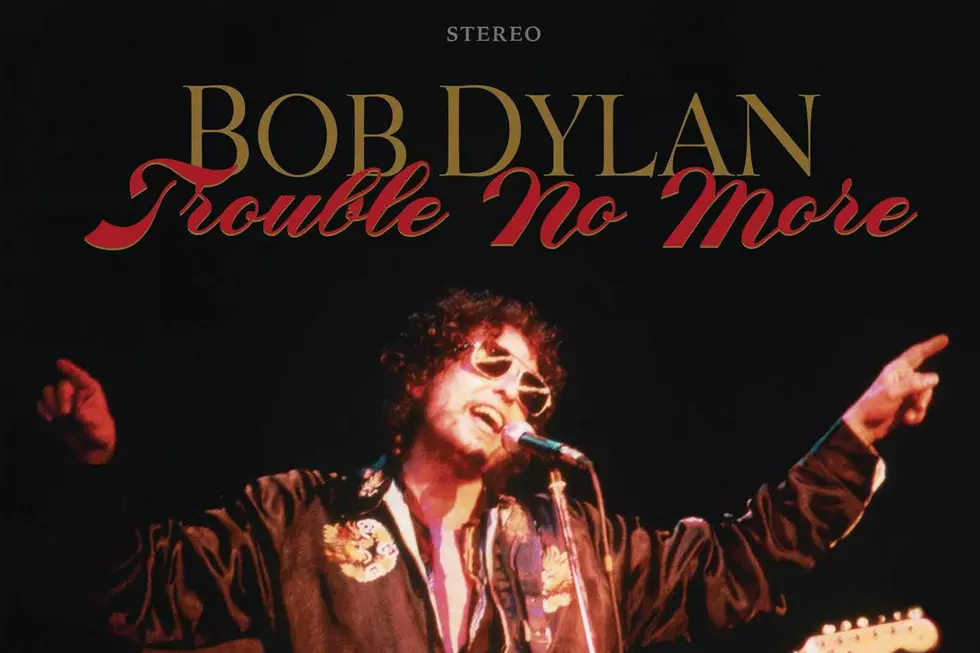
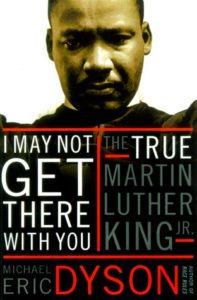 Whilst much has been written about the life and work of Martin Luther King Jr. this is a book that goes beyond autobiography to assess the legacy of King in America today.
Whilst much has been written about the life and work of Martin Luther King Jr. this is a book that goes beyond autobiography to assess the legacy of King in America today. Tom Underwood teaches young people with autism and writes plays about peace. He is currently writing about peace activism and arms trade activists. He worships at
Tom Underwood teaches young people with autism and writes plays about peace. He is currently writing about peace activism and arms trade activists. He worships at 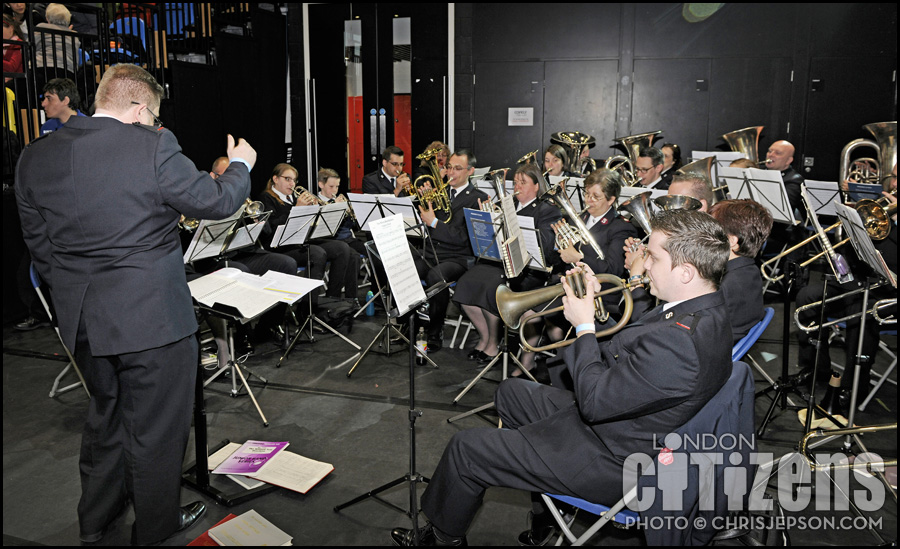
 The William Booth College band was proud to represent the college and the wider Salvation Army at the London Mayoral Assembly organised by London Citizens.
The William Booth College band was proud to represent the college and the wider Salvation Army at the London Mayoral Assembly organised by London Citizens. The purpose of this assembly was to get the two frontrunners in the race for London Mayor to agree to ‘asks’ outlined in the London Citizens Manifesto. These ‘asks’, which are developed from the grassroots, focussed on the living wage, citizenship and integration, training and employment prospects for young people and housing.
The purpose of this assembly was to get the two frontrunners in the race for London Mayor to agree to ‘asks’ outlined in the London Citizens Manifesto. These ‘asks’, which are developed from the grassroots, focussed on the living wage, citizenship and integration, training and employment prospects for young people and housing.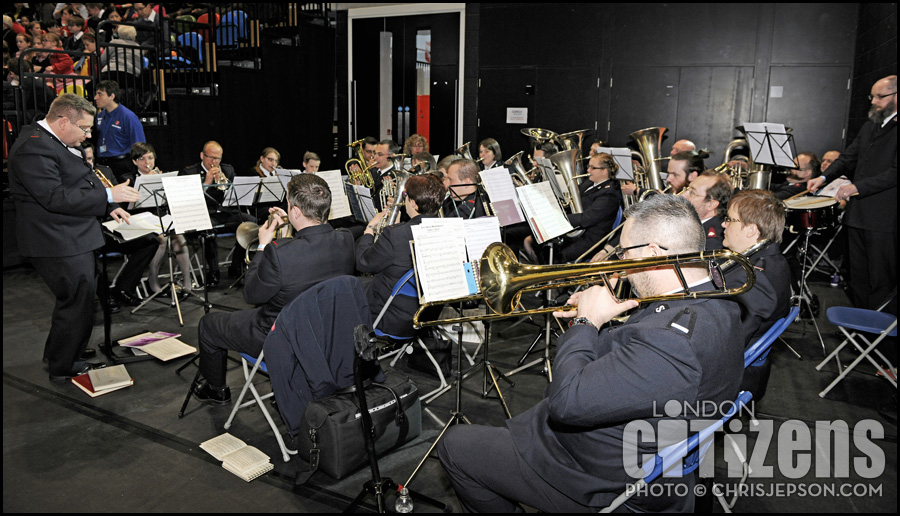 moment. A twitter comment stated that you could recognise the sound of a Salvation Army band a mile off!
moment. A twitter comment stated that you could recognise the sound of a Salvation Army band a mile off!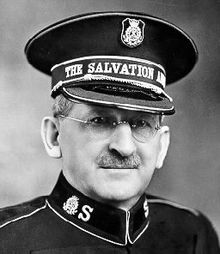
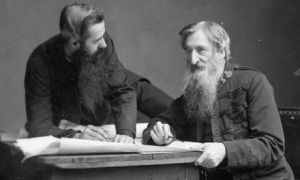 He was as good as his word. The remarkable campaign that followed with help from reformer Josephine Butler, journalist W T Stead and Salvationists up and down the land brought about a change in the law. The campaign involved the publishing of shocking stories in the press, a 2 mile long petition delivered to the door of parliament and the buying of a child. Yes, that’s buying a child – to prove it could be done in London for £5. The result of that action was a date in court for Bramwell. After a 12 day trial that held the attention of the country, he was acquitted, although Stead was jailed for 3 months. At the time many feared it would be the end of The Salvation Army with the Founder’s Son and Chief of Staff in the dock of the Central Criminal Court. And yet as Bramwell later reflected when General:
He was as good as his word. The remarkable campaign that followed with help from reformer Josephine Butler, journalist W T Stead and Salvationists up and down the land brought about a change in the law. The campaign involved the publishing of shocking stories in the press, a 2 mile long petition delivered to the door of parliament and the buying of a child. Yes, that’s buying a child – to prove it could be done in London for £5. The result of that action was a date in court for Bramwell. After a 12 day trial that held the attention of the country, he was acquitted, although Stead was jailed for 3 months. At the time many feared it would be the end of The Salvation Army with the Founder’s Son and Chief of Staff in the dock of the Central Criminal Court. And yet as Bramwell later reflected when General: